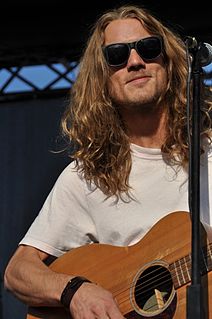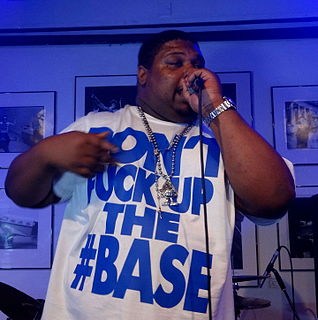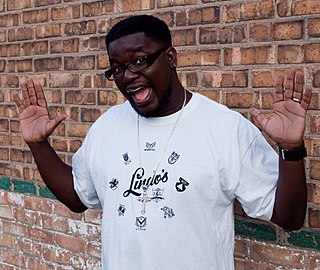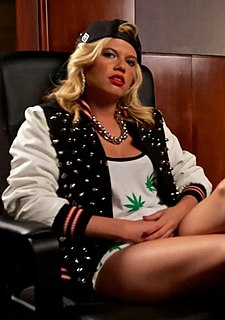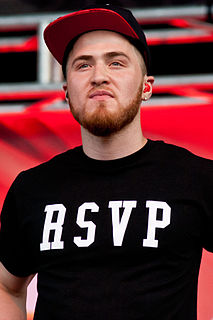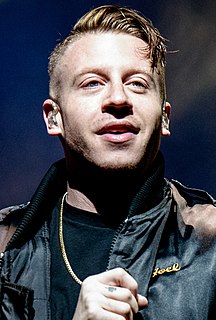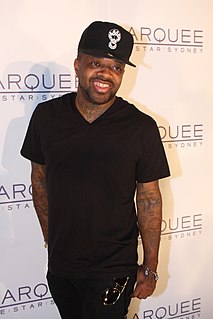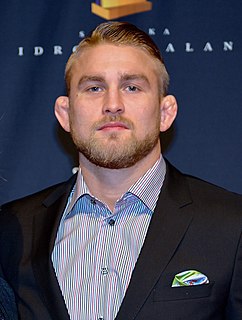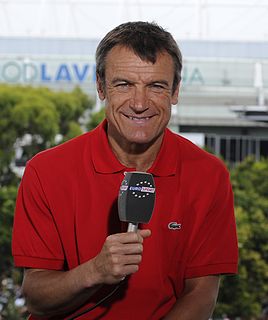A Quote by Gustav Ejstes
I was into hip-hop when I was a teenager. Then I started to look for samples, and I started a long Hendrix period - I liked the drums and the beats.
Related Quotes
Like with me, like around '97, for Christmas my parents bought me an MPC 2000 sampler and a little eight-track cassette recorder. And I started sampling records and, you know, producing hip-hop beats. And it got to the point where I realized - I innately realized that the music I liked the most was made by people that played instruments.
I always say to people that I left hip-hop in '97, meaning that I departed from listening to predominately hip-hop and just started really getting into records from the late '60s, early '70s. And once I made that change, I realized how much great music was made back in the day, and it started to become apparent how much we've lost in music.
Hip hop started in NY so it's important that New Yorkers realise that to talk about NY music and its sound should not be a small-minded conversation. Music is supposed to evolve. It's supposed to be going through changes, it's not supposed to sound exactly the same as what it did when it started. NY hip hop has to be allowed to move on and grow and expand.
